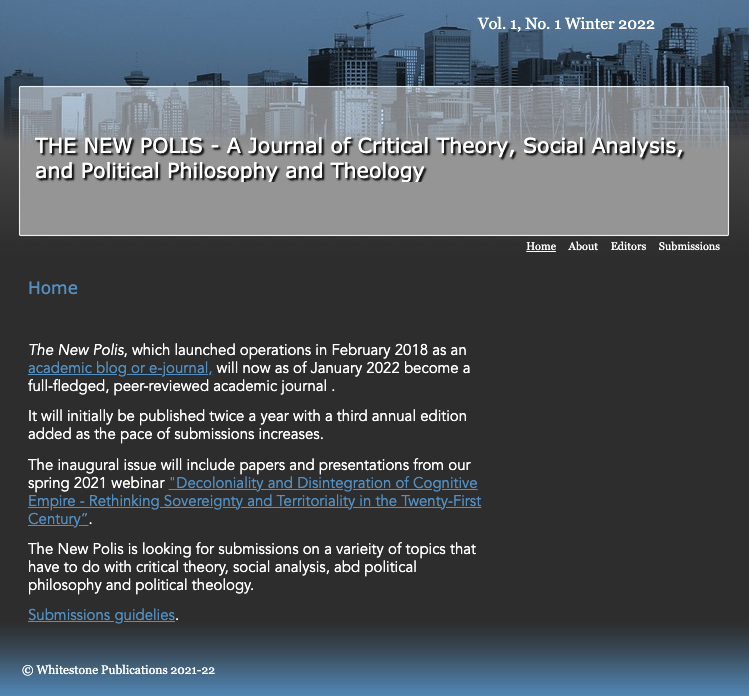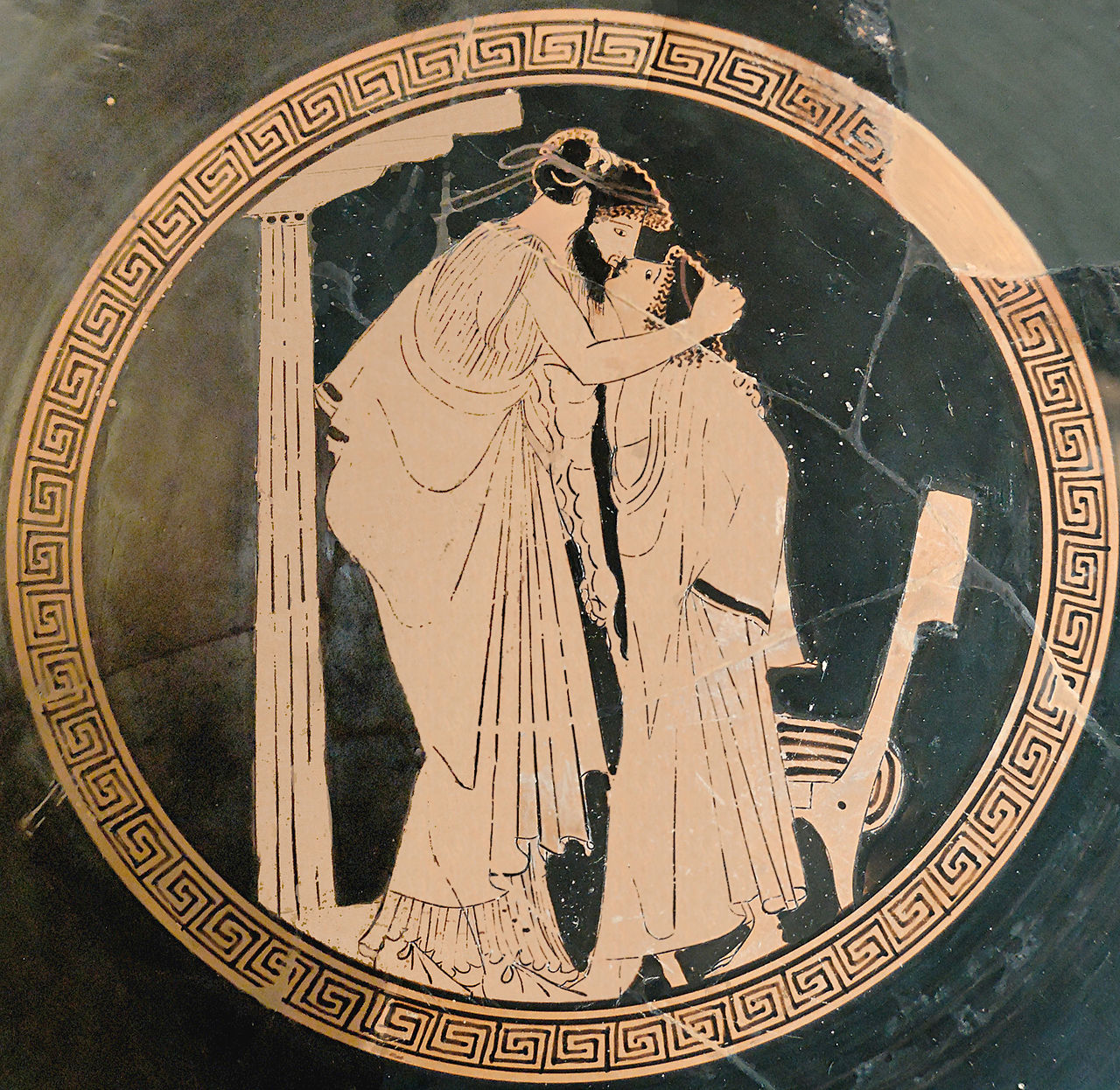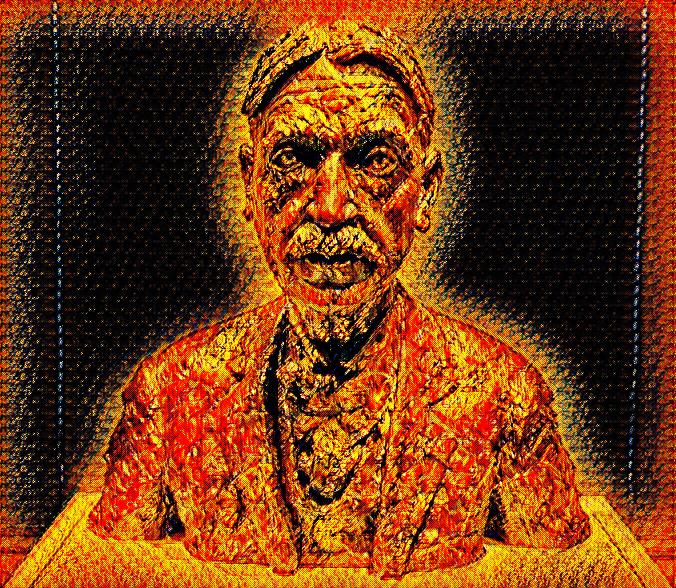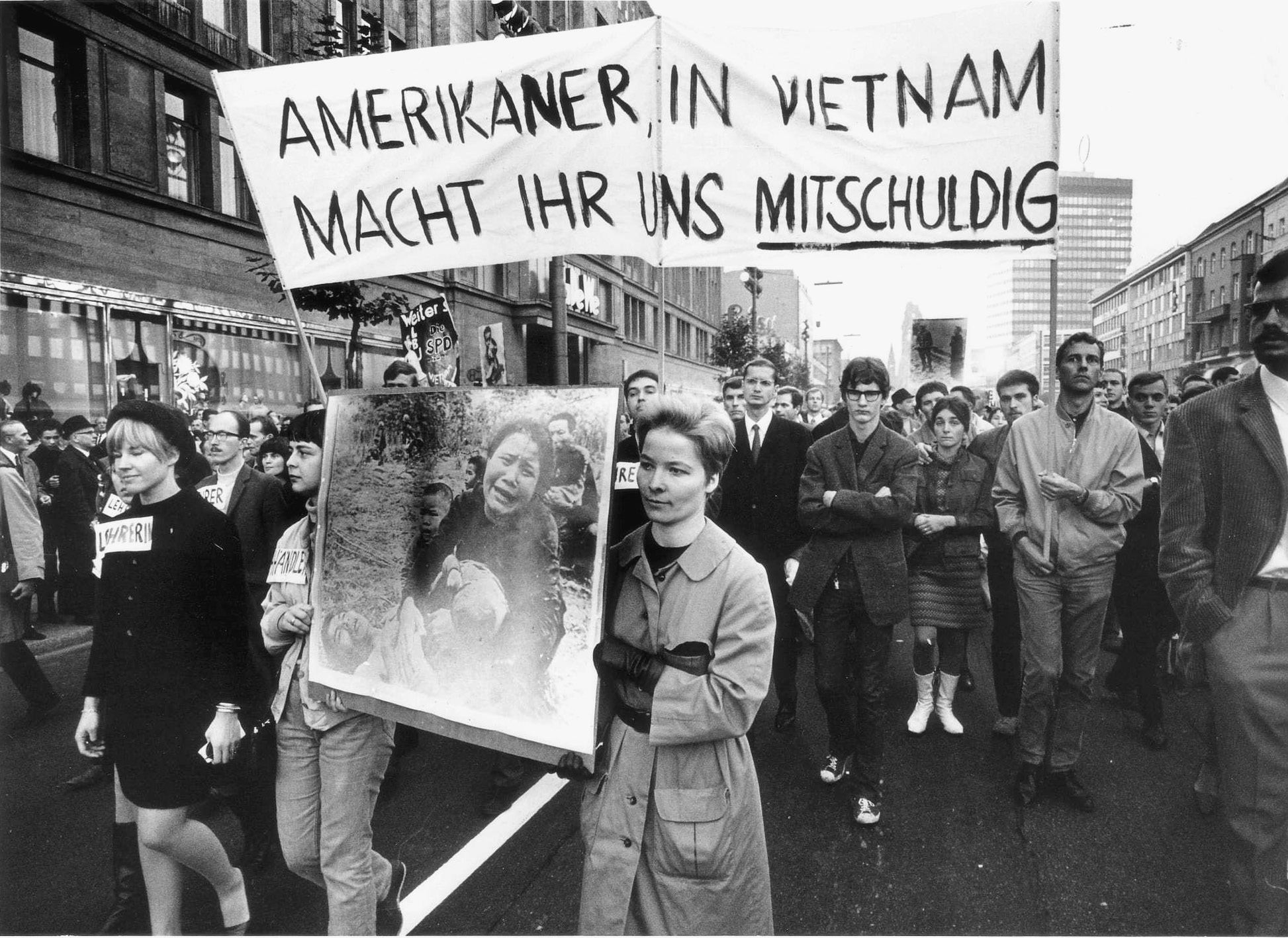The New Polis is now also a peer-reviewed academic journal. We announce the inaugural issue (vol. 1, no. 1) for the winter of 2022 entitled “Decoloniality and the Disintegration of


CRITICAL THEORY | SOCIAL ANALYSIS | POLITICAL PHILOSOPHY AND THEOLOGY

The New Polis is now also a peer-reviewed academic journal. We announce the inaugural issue (vol. 1, no. 1) for the winter of 2022 entitled “Decoloniality and the Disintegration of

The New Polis, which launched operations in February 2018 as an academic blog or e-journal, will now as of January 2022 become a full-fledged, peer-reviewed academic journal . It will initially be

The following is the third installment of a four-part series.The first can be found here, the second here. At this juncture several questions arise. The first one concerns social structure formation.

The following is the second installment of a four-part series. The first can be found here. Honneth’s Theoretical Solution to the Deficit Parameters of the Reconstruction For the task of

The German Frankfurt School theorist and philosopher Max Horkheimer’s Eclipse of Reason (1947) presents one of the most thorough and far-ranging critiques of American philosophy and of American thought ever

Elliot Neaman closes his book, Free Radicals: Agitators, Hippies, Urban Guerrillas, and Germany’s Youth Revolt of the 1960s and 1970s, stating that the battles of the late 1960s persist today,

The New Polis invites submissions both of a scholarly and popular nature that fit within its broad range in topic areas from critical theory and cultural analysis to political thought and